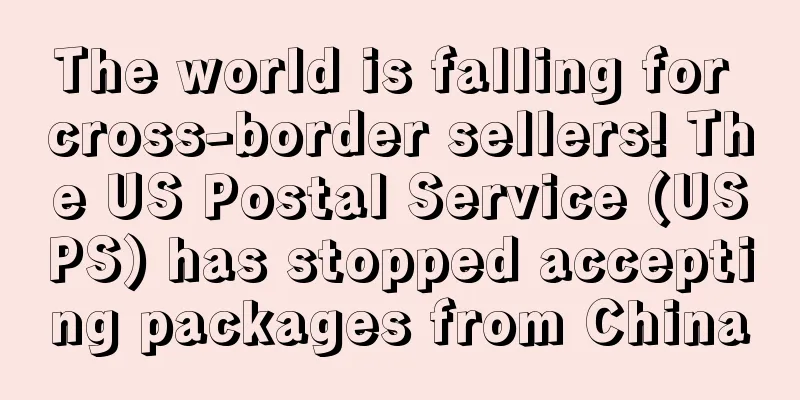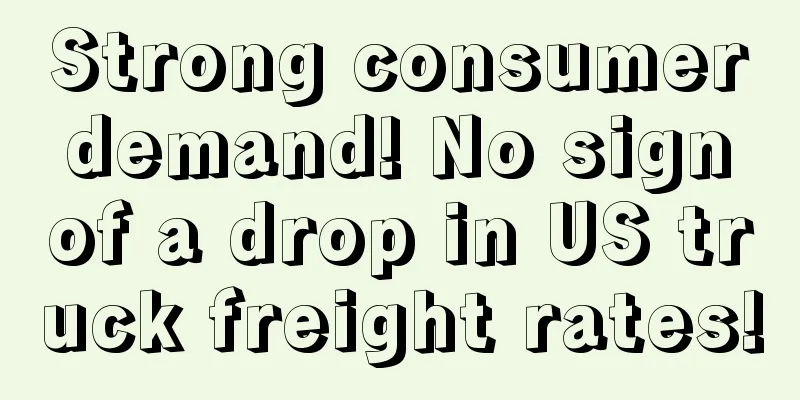The world is falling for cross-border sellers! The US Postal Service (USPS) has stopped accepting packages from China

|
On February 3, the U.S. Customs and Border Protection (CBP) published a notice in the Federal Register, canceling the "small exemption" for Chinese goods below $800 in accordance with the new tariffs scheduled to be implemented by Trump on February 4, and mail packages from China must go through formal customs entry procedures. As a result, goods with a value of less than $800 will not be able to obtain so-called “de minimis” clearance and enter duty-free as of February 4, 2025. Applications for de minimis entry and customs clearance for non-compliant shipments will be rejected. The impact of this incident on cross-border sellers
Coping strategies
|
<<: So useful! Amazon's free "translation service"
>>: Amazon FBA new regulations, a large number of sellers received warnings! !
Recommend
A guide to riding traffic during Amazon Prime Day
1. Price reduction promotion For example, buy one...
Amazon has blocked the delivery window in December. How should sellers respond?
It’s the end of the year, and while sales are boom...
Does Amazon want sellers to “quickly enter and exit”? This article discusses some thoughts on this policy adjustment from the seller’s perspective.
Preface Amazon changes its policies several times ...
What is Broad Match? Broad Match Review
Broad match means "broad match", which c...
Attention! The price logic displayed on Amazon front desk has changed!
Amazon is making trouble again! Recently, many sel...
Amazon announces IPI drops to 450, but still limits shipping quantity!
On August 16, 2020, Amazon adjusted the inventory ...
Learn how to place YouTube ads and never worry about traffic
YouTube is a very suitable channel for sellers to ...
Learn about off-site promotion in 5 minutes
When it comes to Amazon off-site marketing, many ...
What is MerchantWords? MerchantWords Review
Merchantwords is a keyword tool specifically for t...
Rankings soared 5802%! Just now, these products are selling like hotcakes on AMZ...
It’s not just masks that are popular. In fact, th...
How do big sellers use gift cards? (Review of sharing in the communication group)
Image source: Tuchong Creative Quickly promote the...
With the implementation of the European mask mandatory order, spring may come again for mask sellers!
Recently, the topic #The price of meltblown fabric...
What is Refunds Manager? Refunds Manager Review
Refunds Manager allows Amazon sellers to claim ref...
Nearly 90% of people will shop online! American Thanksgiving consumer spending will reach $125 billion!
<span data-docs-delta="[[20,"获悉,根据ICSC的调查,...









